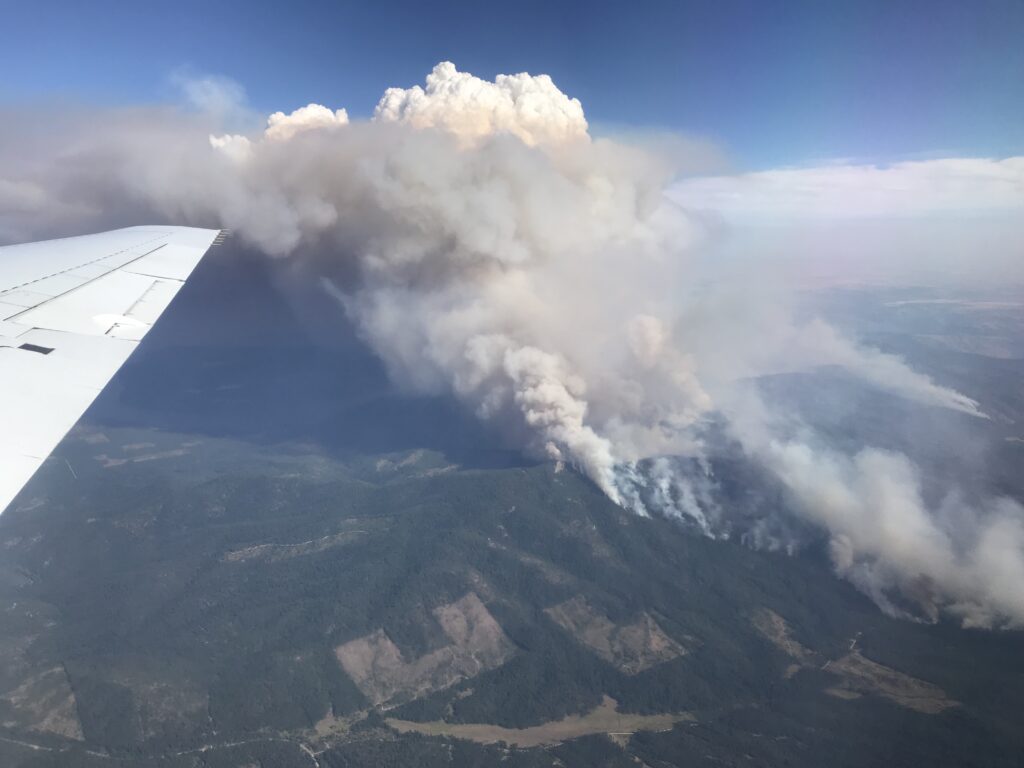Research Focus
Wildfires pose severe threats to urban air quality. As a result of ongoing climate change and historical fire suppression practices, wildfires in North America became more intense, frequent, and widespread in the 2000s. These trends have significantly impacted urban air quality in the last two decades, offsetting some of the improvements from anthropogenic emission reduction. The wildfire impacts are spatially widespread in the U.S. The cities in the western U.S. are situated in a wildfire-active region. The cities in the eastern U.S. are not spared, as the western and Canadian wildfires can transport across the continent. In future scenarios with warmer temperatures, longer dry seasons, and reduced anthropogenic emissions, wildfire emissions will play a more significant role in modulating urban air quality. The student will conduct laboratory experiments to simulate wildfire chemistry. A suite of analytical instruments will be deployed.
Skills, Techniques, Methods
- Analysis of complex dataset
- Matlab programming
- Air quality and atmospheric chemistry
- Hands-on ability of plumbing and soldering.
Research Conditions
The research will be conducted in person. It will involve both data analysis with a computer and experimental work in the laboratory.
Team Structure and Opportunities
The undergraduate fellow will work closely with Lu Xu and a PhD student. Weekly meetings will be scheduled to update research progress.
Requirements
Organic chemistry

Lu Xu
xu1@wustl.edu
